National Collegiate Alcohol Awareness Week, taking place from October 19 to 25, 2023, highlights the significant challenges faced by students across U.S. college campuses. As awareness grows, researchers at William & Mary are exploring the underlying factors contributing to alcohol use disorders among students. Adrian Bravo, an Associate Professor of Psychological Sciences, leads an international team examining the correlation between adverse childhood experiences and alcohol misuse through their recent publication in the journal Substance Use & Misuse.
Bravo, along with Isabela Ortiz Caso, a recent graduate and lead author on the study, reveals how childhood adversity can influence drinking behaviors in later life. “Adverse childhood experiences aren’t limited to severe abuse,” stated Bravo. “Everyday issues such as parental conflict or a family member’s alcohol struggles can shape one’s identity and worldview.” Although the research does not establish direct causation, it illustrates a pattern linking childhood adversity with ruminative thinking and alcohol-related consequences.
The study’s findings are particularly noteworthy as they draw from a diverse sample of over 4,000 students from 12 universities across seven countries, including Argentina, England, the U.S., and South Africa. Ortiz Caso emphasized the significance of this global perspective: “Most psychology studies focus on a single population. Our findings, shared across multiple countries, suggest that the factors linked to problematic drinking transcend geography.”
A Global Approach to Understanding Alcohol Use
The Cross-Cultural Addictions Study Team (CAST), founded by Bravo during his doctoral studies, aims to delve into the complexities surrounding substance use. The collaboration now includes 18 researchers from various countries, all working towards understanding how individual experiences contribute to higher risks for substance use and mental health issues.
“Interestingly, our research indicates that many factors beyond mere alcohol consumption predict negative outcomes associated with drinking,” Bravo explained. Over the course of four CAST studies, three critical factors have emerged as indicators of risky drinking behaviors: impulsivity, poor mental health, and adverse childhood experiences.
“Impulsivity often manifests as a sense of urgency to react when emotions are heightened,” Bravo noted. “This can lead to drinking during both celebrations and moments of disappointment.” The second factor, poor mental health, particularly affects individuals who tend to dwell on negativity. “For these students, turning to substances may seem like the simplest way to cope with their feelings,” he added. The final factor examined is adverse childhood experiences, which can include abuse, neglect, or a turbulent home environment.
These insights are crucial for developing interventions aimed at curbing alcohol misuse among college students. Ortiz Caso, now an intramural research fellow at the National Institutes of Health, is passionate about addressing these issues. “When individuals drink to cope with negative emotions rooted in early life experiences, the motivation is fundamentally different from social drinking,” she explained.
Addressing the Needs of Students
Both Bravo and Ortiz Caso advocate for universities to enhance support systems for students grappling with alcohol-related problems. They emphasize the importance of providing ongoing education and accessible resources. At William & Mary, students can benefit from various Health & Wellness services, including the Counseling Center and Health Promotion initiatives.
In addition, the W&M School of Education offers the New Leaf clinic, aimed at assisting students dealing with high-risk substance use. Furthermore, faculty and staff are encouraged to utilize the Employee Assistance Program, which provides counseling support.
“When attempting to aid students, universities should not merely advise them to drink less,” Bravo stated. “Instead, they should offer substance-free alternatives, such as meditation, exercise, or counseling, to help break the cycle of maladaptive coping mechanisms.”
By fostering a comprehensive support system and understanding the motivations behind alcohol use, institutions can better assist students in developing healthier coping strategies. This research underscores the imperative for educational institutions to prioritize mental health and well-being, especially during formative college years.







